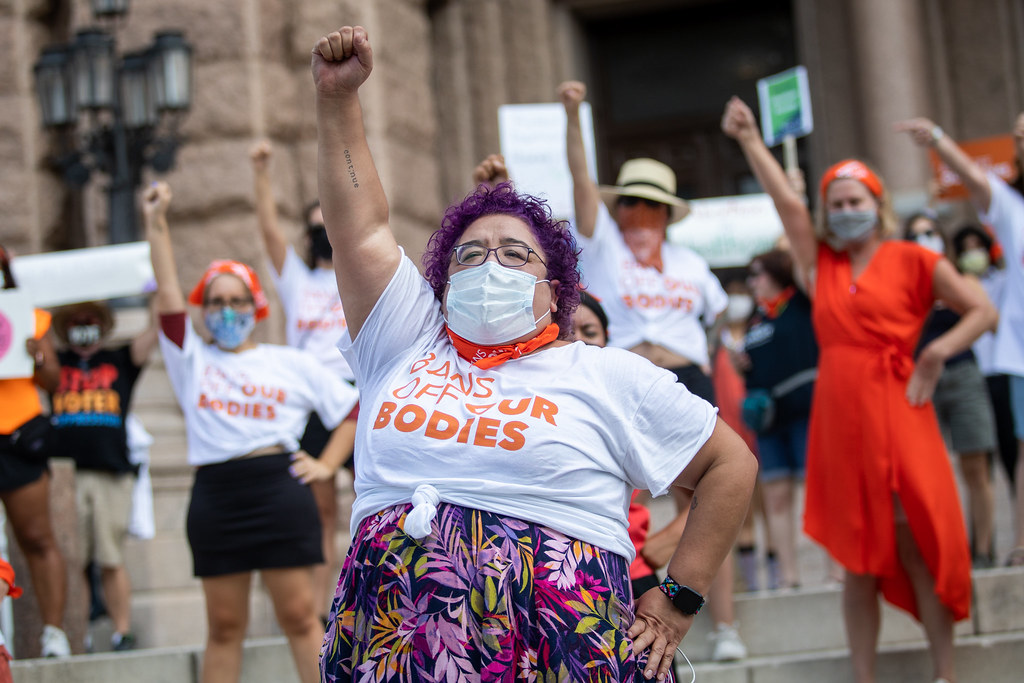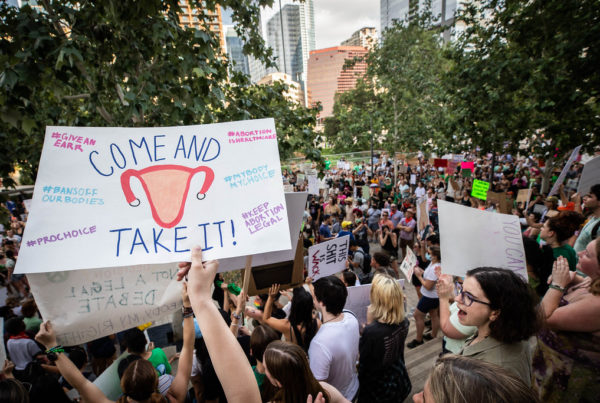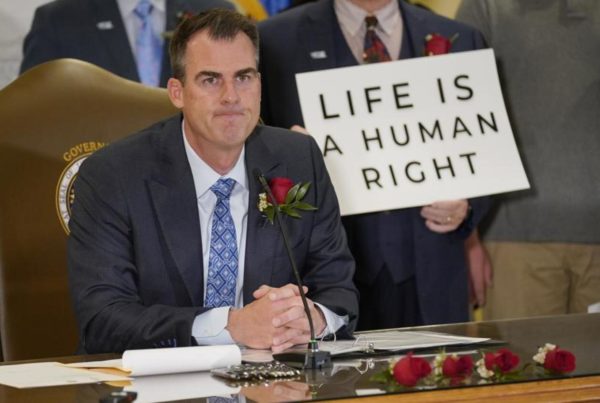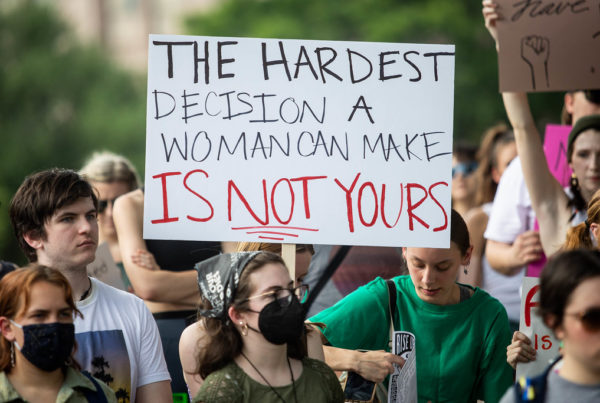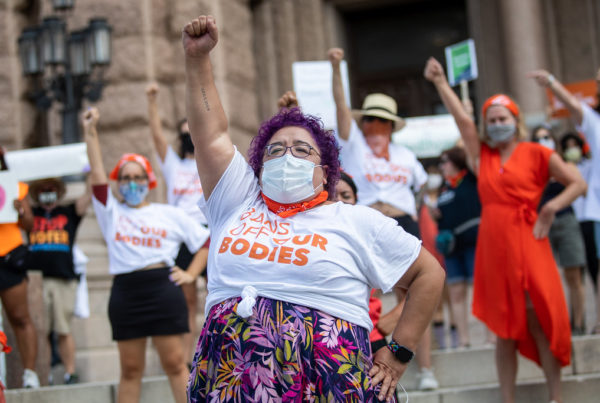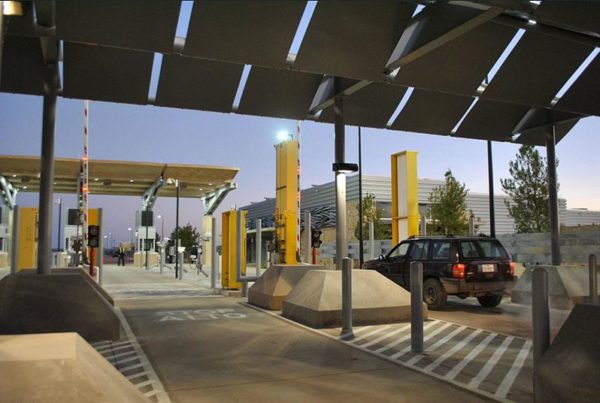A majority of the justices reportedly voted to overturn Roe v. Wade, the landmark 1973 opinion that established the right to abortion, according to a leaked draft opinion published by Politico late Monday, NPR reported.
In the near 100-page report, Supreme Court Justice Samuel Alito, a member of the high court’s conservative bloc, wrote that Roe was wrongly decided, and the issue of abortion should be decided by politicians, not courts, NPR reported.
What is Texas’ trigger law, and what would it mean for Texans?
If Roe v. Wade is reversed, that decision would shift the power to decide the legality of abortion from the federal level to the states, says Elizabeth Sepper, a professor of law and scholar of religious liberty, health law and equality at the University of Texas at Austin.
“The draft opinion said that in order for the constitution to protect abortion, abortion has to be a right deeply rooted in our history and tradition,” Sepper told the Texas Standard. “The court said it’s returning the issue back to the states to make their own decisions.”
In Texas, that could mean a near-total ban on abortion. Texas is one of more than a dozen states that have passed a so-called trigger law that would further restrict abortion in the aftermath of a Roe v. Wade reversal.
“Last year, [Texas] passed a law that stated if the Supreme Court overrules Roe v. Wade and abortion is no longer protected by the federal Constitution, then abortion will be completely illegal in the state of Texas,” said Caroline Mala Corbin, a constitutional law professor at the University of Miami School of Law who spoke with the Standard. “So it is triggered by the Supreme Court overruling Roe v. Wade.”
That law, Texas House bill 1280, would make it a second-degree felony “for a person who knowingly performs, induces, or attempts an abortion” according to the bill analysis. The penalty would increase to a first-degree infraction “if the unborn child dies as a result of the offense.”
The legislation makes no exceptions for rape or incest; the only exception is if a pregnancy would kill the pregnant woman or severely injure her, Corbin says. It also adds a fine of at least $100,000 for each offense.
Those fines are for people who perform an abortion, not the people who are getting the abortion, Corbin says, and punishments could also extend to life in prison for performing an abortion.
The law would take effect 30 days after the U.S. Supreme Court officially overturns Roe v. Wade, or 30 days after the issuance of a separate ruling that has the same effect.
Seema Mohapatra, a Murray visiting professor of law at Southern Methodist University, says the Texas trigger law could have a disproportionate impact on some pregnant people.
“Practically, people who are seeking an abortion in Texas will have very little options especially if they are not able to travel to a far away state,” she told the Standard. “It really does affect peoples’ lives, and when we look at the fact that forced pregnancy really has different outcomes depending on what race you are, we know that Black women are much more likely to die during pregnancy than other women. This has differential impact on people of color and poor people, and the court opinion really ignores that.”
What does this mean for Texas’ current abortion law?
Texas already has one of the most restrictive abortion laws on the books with Senate Bill 8, the so-called heartbeat bill, which state lawmakers also passed last year. It effectively bans abortion after six weeks of pregnancy, before most people know they are pregnant, and allows for private citizens to take to court people who perform abortions and collect $10,000 and legal fees from whom they successfully sue. Corbin says it’s possible SB 8 could continue to exist alongside the trigger law.
“It’s true that abortion would be entirely forbidden, but the focus of the trigger law are those performing an abortion,” she said. “There could still be penalties for people who assist with the abortion under the existing law. So you could have double the effect by targeting both the people who perform and the people who aid anyone getting an abortion.”


